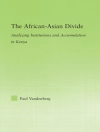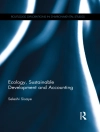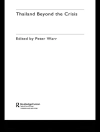Perfected science is but an idealization that provides a useful contrast to highlight the limited character of what we do and can attain. This lies at the core of various debates in the philosophy of science and Rescher's discussion focuses on the question: how far could science go in principle—what are the theoretical limits on science? He concentrates on what science can discover, not what it should discover. He explores in detail the existence of limits or limitations on scientific inquiry, especially those that, in principle, preclude the full realization of the aims of science, as opposed to those that relate to economic obstacles to scientific progress. Rescher also places his argument within the politics of the day, where "strident calls of ideological extremes surround us, " ranging from the exaggeration that "science can do anything"—to the antiscientism that views science as a costly diversion we would be well advised to abandon. Rescher offers a middle path between these two extremes and provides an appreciation of the actual powers and limitations of science, not only to philosophers of science but also to a larger, less specialized audience.
About the author
<b>Nicholas Rescher</b> was Distinguished University Professor of Philosophy at the University of Pittsburgh and co-chairman of the Center for Philosophy of Science. A member of the American Academy of Arts and Sciences, he served as president of the Eastern Division of the American Philosophical Association, the Leibniz Society of North America, the Charles S. Peirce Society, the American Catholic Philosophical Association, and the Metaphysical Society of America. Rescher was the author or editor of more than one hundred books, including <i>Ignorance (On the Wider Implications of Deficient Knowledge), Philosophical Inquiries: An Introduction to Problems of Philosophy</i>, and <i>A Journey through Philosophy in 101 Anecdotes</i>.












